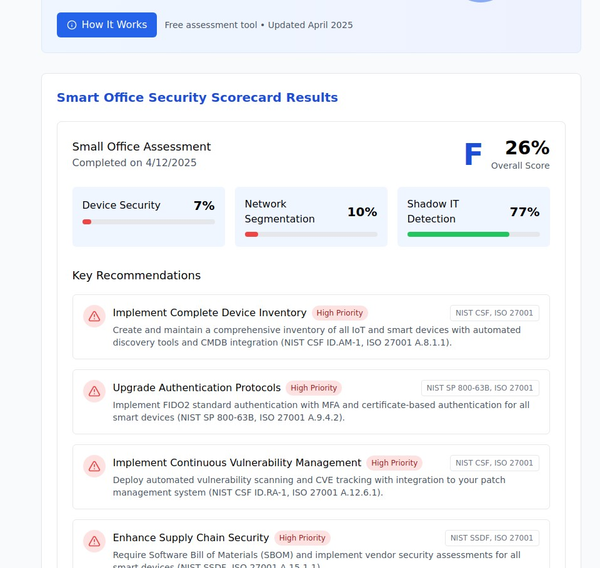The Rise of Quantum Computing and Implications for Office Security

Introduction
Quantum computing is no longer a concept confined to the realm of science fiction. With rapid advancements in this field, it's crucial to understand its potential impact on cybersecurity, particularly in office settings. This article aims to shed light on the rise of quantum computing and its implications for office security.
What is Quantum Computing?
Quantum computing leverages the principles of quantum mechanics to perform calculations at speeds unimaginable with current computing technology. Unlike classical computers that use bits (0s and 1s) for processing, quantum computers use quantum bits or qubits, which can exist in multiple states simultaneously.
The Cybersecurity Landscape
Current Challenges
- Data Encryption: Traditional encryption methods may become obsolete with the advent of powerful quantum computers.
- Data Integrity: The risk of data tampering and unauthorized access could escalate.
- Speed of Attacks: Quantum computers could execute cyber-attacks much faster than classical computers.
Quantum Computing's Double-Edged Sword
Quantum computing can be both a boon and a bane for cybersecurity.
Pros
- Enhanced Encryption: Quantum cryptography could offer a new level of security, making it nearly impossible for hackers to break.
- Fast Threat Detection: Quantum algorithms can analyze and detect cybersecurity threats more quickly and accurately.
Cons
- Breaking Current Encryption: Existing encryption algorithms like RSA could be easily broken by quantum computers.
- Sophisticated Attacks: Hackers with access to quantum computing could execute more complex and faster attacks.
Implications for Office Security
1. Data Protection
Solution: Transition to quantum-safe encryption algorithms to protect sensitive office data.
2. Network Security
Solution: Implement quantum key distribution (QKD) for secure communication within the office network.
3. Access Control
Solution: Utilize quantum cryptography for secure authentication processes.
4. Employee Training
Solution: Educate employees about the potential risks and best practices for a quantum-safe office environment.
Case Studies
- Financial Sector: Quantum computing can revolutionize risk analysis but also poses a threat to secure transactions.
- Healthcare: Patient data could be more secure, but there's also a risk of unauthorized access to sensitive information.
Future Trends
- Quantum-Safe Algorithms: Research is underway to develop encryption algorithms that even quantum computers can't crack.
- Quantum Networks: The concept of a quantum internet could redefine network security.
- Regulatory Measures: Expect new laws and regulations to govern the use of quantum computing in cybersecurity.
Conclusion
The rise of quantum computing is inevitable, and its impact on cybersecurity is a critical concern, especially for office environments. While it offers groundbreaking solutions for data protection and threat detection, it also poses significant risks. Being proactive in understanding these implications and preparing for a quantum-safe office is no longer optional but a necessity.




